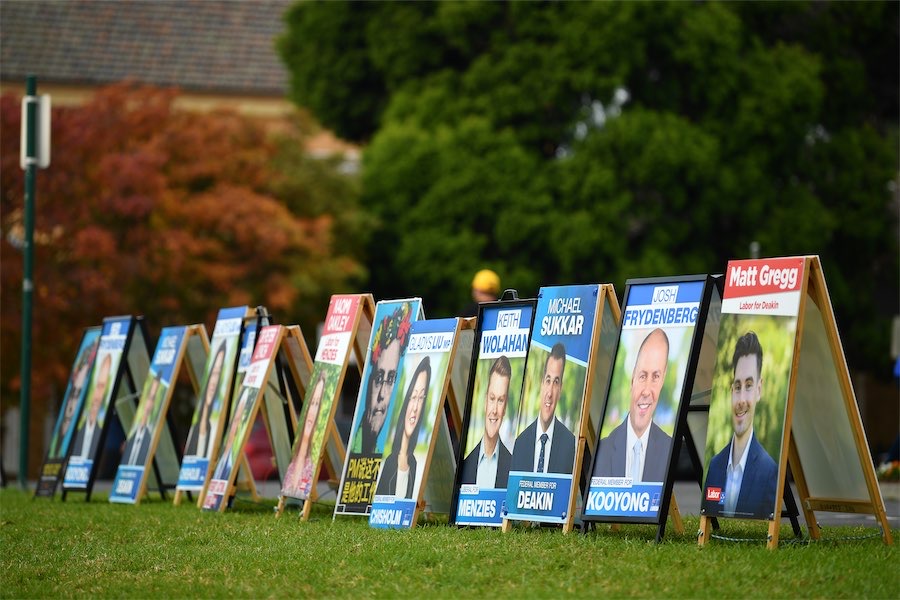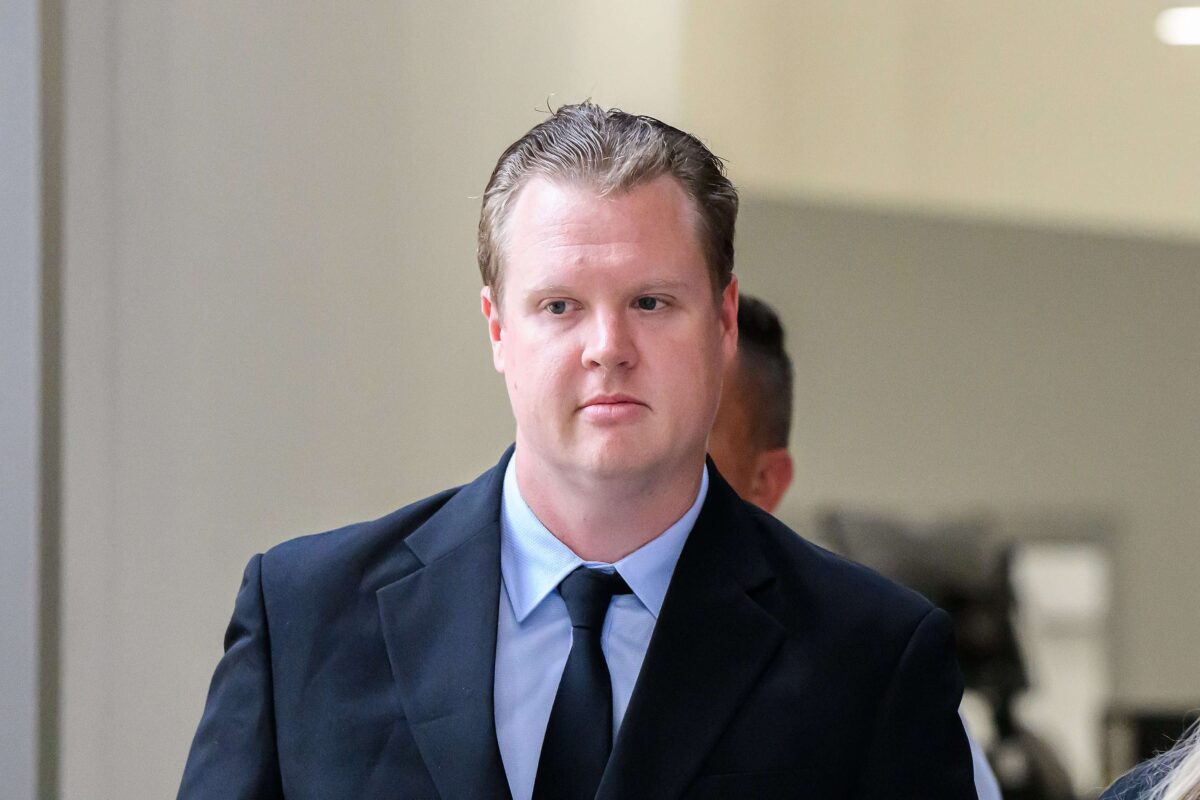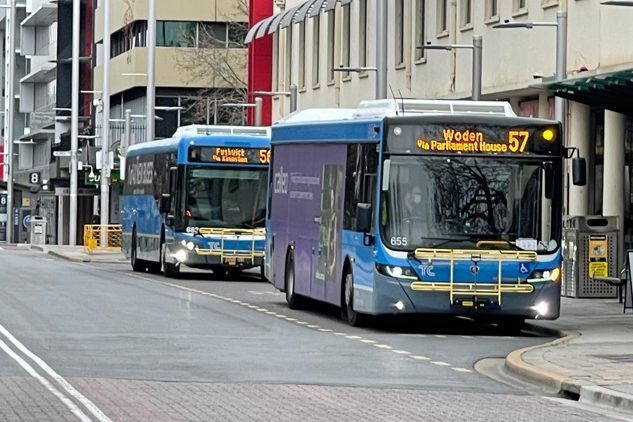
By Dominic Giannini in Canberra
Political candidates are set to face stronger reporting requirements and money caps, but independents supporting reform say the proposal is a stitch-up from the major parties.
Transparency for political donations and stopping billionaires and large organisations from swaying elections have long been on the wish list for independents.
The proposed legislation – reportedly set to be rushed through parliament with coalition support without an inquiry – disproportionately benefited major parties and incumbents, independent senator David Pocock said.
“What seems to be happening is a major-party stitch-up,” he told reporters in Canberra on Friday, saying putting in spending and donation caps while big parties had access to massive war chests blocked independents from a fair fight.
Individual donations to candidates will be capped at $20,000 a calendar year, indexed, and political hopefuls will be limited to spending $800,000 in an electorate under proposed legislation to come before parliament on Monday.
Senators have a $200,000 per seat cap in the state or territory, equating to a $9.2 million cap for NSW and $600,000 for the ACT.
It stops billionaires pouring unchecked amounts of money into elections, with Clive Palmer’s more than $120 million spend at the 2022 election to elect a single senator – Ralph Babet – pointed to as a major catalyst for the changes.
The reforms aren’t expected to start until July 1, 2026, meaning they won’t capture the next federal election due by late May.
This gives parties and the Australian Electoral Commission time to adapt to the changes, the federal government argues.
There will be an $11 million spending cap for a federal campaign for organisations not running at the election, such as unions and special interest groups like Climate 200.
The federal cap for registered parties will be $90 million.
Senator Pocock called this a “sweet little slush fund” major parties had access to while they also received tens of millions of extra dollars from a proposed increase in the amount the AEC pays candidates per vote from $3.50 to $5.
“It’s obviously something that community independents aren’t going to have available to them and that’s a huge amount of advertising across Australia,” he said.
Independent MPs Zali Steggall and Kate Chaney also criticised the legislation for shutting out competition and giving more public funding to major parties.
It wasn’t a fair playing field when the laws didn’t address money funnelled to major parties through fundraiser dinners and membership fees, independent senator Tammy Tyrrell said.
Under the legislation, there will be more transparency about donations, with the disclosure threshold lowered to $1000 – indexed every three years – on top of real-time monthly reporting requirements.
This would increase to every week during an election campaign and every day in the week before and after polling day.
The changes put everyone on equal footing and limited the disproportionate influence of big donors, Special Minister of State Don Farrell said.
He denied a deal was struck to muscle out major donors such as Mr Palmer and Climate 200’s Simon Holmes a Court, saying the laws weren’t targeting individuals, but the system.
“The Australian electoral system should not work on the basis that the only people who can be elected into parliament are people who are sponsored by billionaires,” Senator Farrell told reporters in Adelaide.
The caps were chosen to strike the right balance to survive any High Court case on the grounds limiting donations went against freedom of speech, he said.
NSW has spending caps for state elections where a donor can give a maximum of $3800 to a candidate or third-party campaigner and $7900 to a registered party.
Who can be trusted?
In a world of spin and confusion, there’s never been a more important time to support independent journalism in Canberra.
If you trust our work online and want to enforce the power of independent voices, I invite you to make a small contribution.
Every dollar of support is invested back into our journalism to help keep citynews.com.au strong and free.
Thank you,
Ian Meikle, editor





Leave a Reply